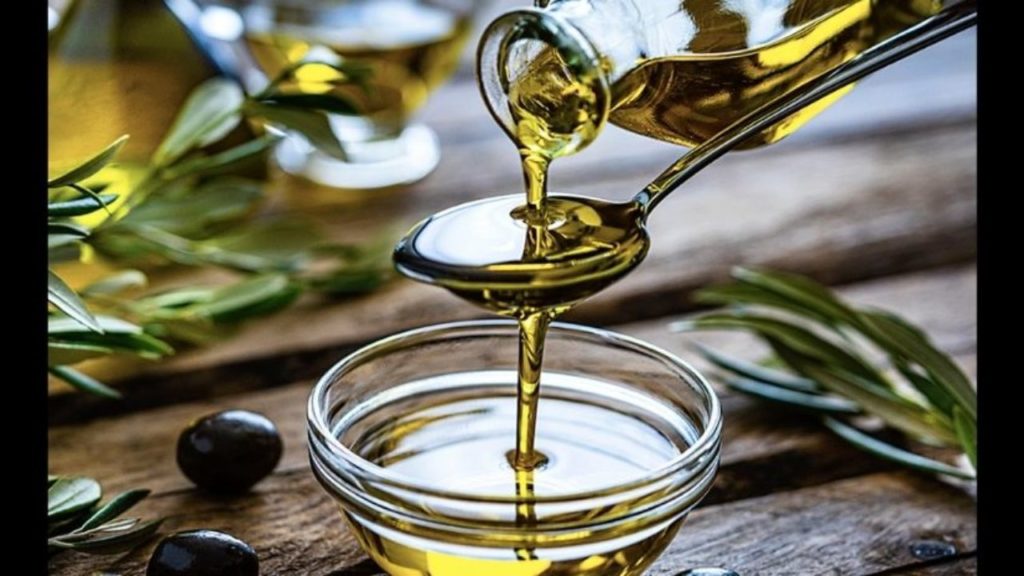Cooking Oil Price Will Reduce Across India – Upto Rs 20 Reduced By All Major Cooking Oil Companies

Edible oil brands are slashing the maximum retail prices (MRP) of sunflower, soybean, mustard, and palm oil by as much as Rs 20.
This is all in thanks to international prices cooling a bit as well as government interventions to ease domestic prices.
India imports 60 percent of its edible oil requirements.
Contents
Gemini Edibles
Gemini Edibles & Fats, which sells the Freedom and Gemini brand of oils, has slashed the MRP of its sunflower oil by Rs 20 to Rs 200.
The company said that it has reduced prices of sunflower oil in particular since it saw the steepest hikes due to the Ukraine-Russia war cutting off global supplies.
The two countries are the two largest producers of sunflower oil.
The now cheapened oil will arrive in the markets in the next 5-7 days.
Mother Dairy
Mother Dairy has also cut the price of Dhara edible oil by up to Rs 15 per litre across variants, mainly for mustard oil, soybean oil, and sunflower oil.
It explained that this was due to recent government-led initiatives, reduced impact of international markets, and ease in availability of sunflower oil including improved domestic sunflower crop.
Dhara edible oil variants with the new MRP will reach the market by next week.
Adani Wilmar
Adani Wilmar is yet another brand cutting the MRP of its Fortune brand of oils in line with market prices.
The reduced MRP packs will be available for purchase from next week.
The company said that it is slashing prices of edible oils on the request of the government and to support consumers.
Steep hike in oil prices
Cooking oil prices saw record levels in the last few quarters due to rising crude oil prices worsened by the Ukraine-Russia war.
As of March 2022, sunflower oil prices had risen 29 percent compared to January
Prices of palm oil rose by 17 percent, mustard oil by 7 percent, and groundnut oil by 4 percent.
Government interventions
However, sunflower oil supplies have restarted partially in the past few weeks from countries such as Argentina and Russia, which has resulted in some price drops.
Earlier this week, the government reduced the base import prices of crude palm oil and soy oil.
In May, it allowed duty-free import of 20 lakh metric tonnes of crude sunflower and soy oil a year till 2024.
Such interventions from the Centre’s side has helped cut down prices of sunflower oil.
Wheat in exchange for palm oil
It is now planning to export wheat to Indonesia and in return will ask the country to supply palm oil smoothly in order to address the problem of edible oil shortage and food inflation in the country.
India has banned wheat export to meet the domestic demand on May 13.
But it will do so if required only through government-to-government deals.
Palm oil here is an essential commodity and cheap compared to other edible oils and is a preferred cooking medium.
Controlling food inflation
This agreement will be beneficial for India as it will ensure no sudden disruption in the supply of the edible oil even in the future.
India is currently facing record-high retail inflation driven by rising prices of food and fuel.
Food inflation in April soared to 8.38% and a major part of it comes from edible oils.
This is because Palm oil and its derivatives are used in food products, detergents, cosmetics and biofuels.
Link between edible oil price and inflation
They are also used to manufacture several daily consumption goods such as soaps, margarine, shampoos, noodles, biscuits and chocolates.
Henceforth any rise in palm oil prices will push up the input costs across these industries.
But now the fall in prices will help address the inflation now that it has prompted distributors to stock up as demand is expected to pick up.

Comments are closed, but trackbacks and pingbacks are open.